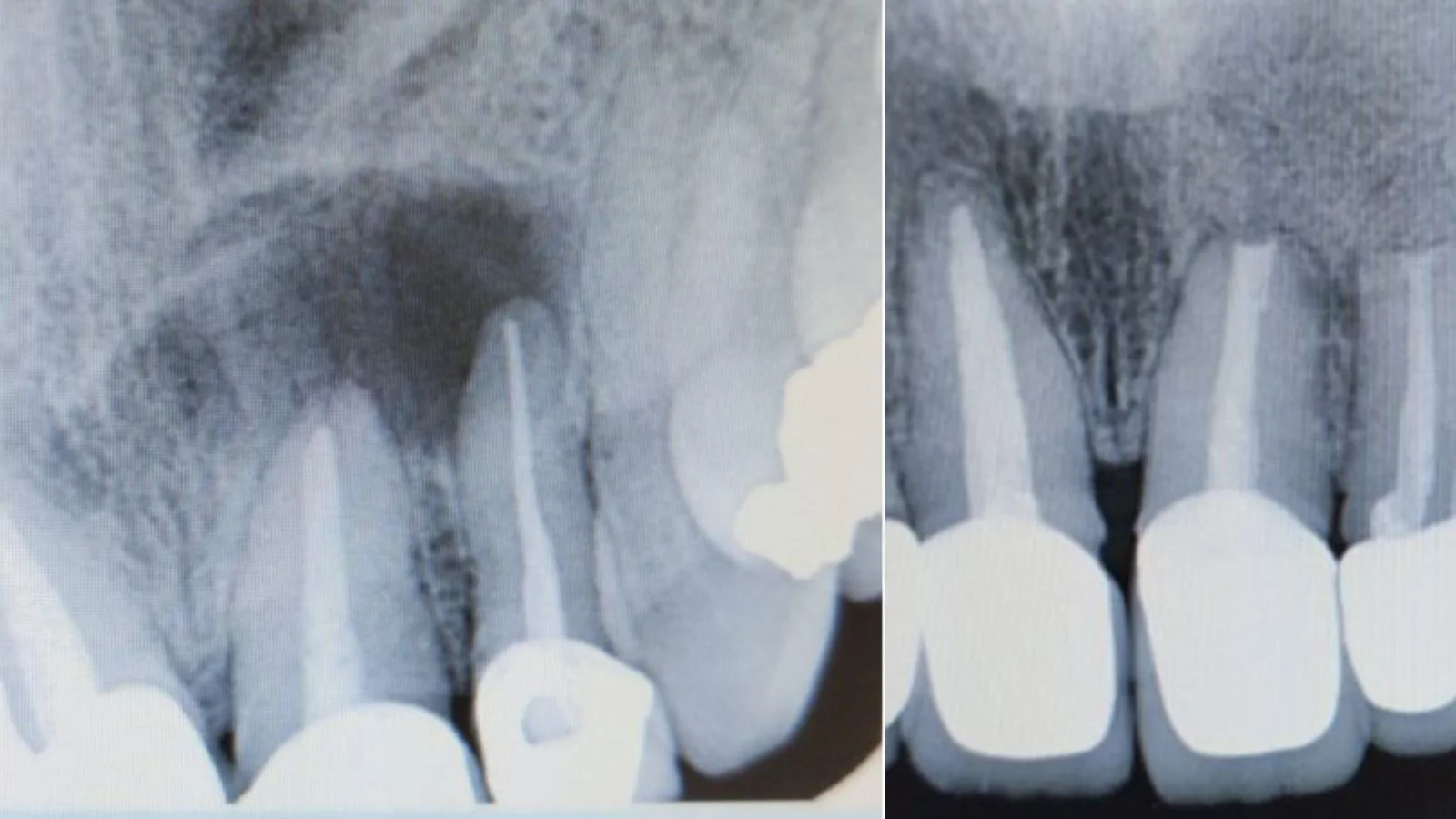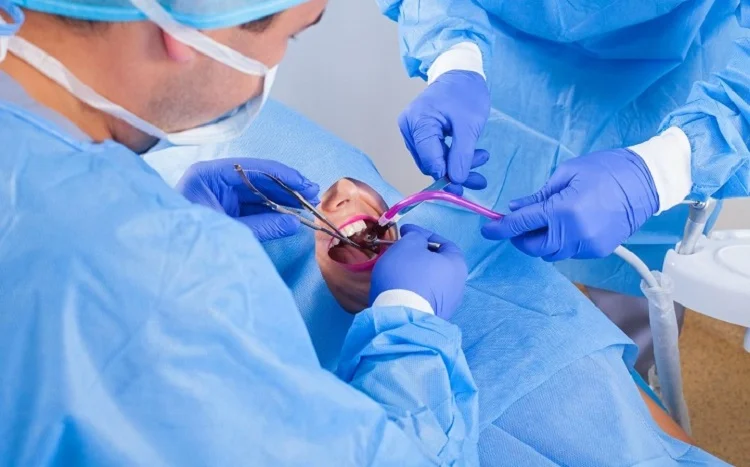Endodontic Surgery
What is endodontic surgery?
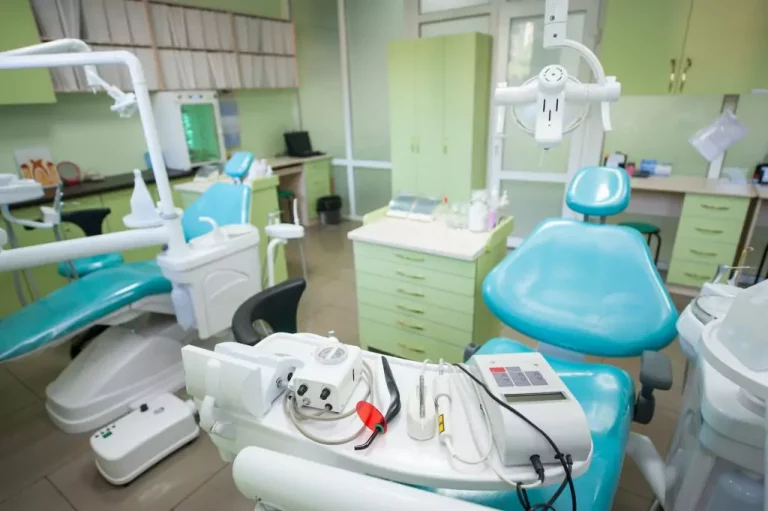
Endodontic surgery, also called apicectomy, is a treatment to treat infections or inflammations in the dental pulp, the inner part of the tooth where the nerves and blood vessels are.
This surgery is used when traditional endodontics does not solve the dental event.
How does endodontic surgery work?
Improving Oral Health and Quality of Life
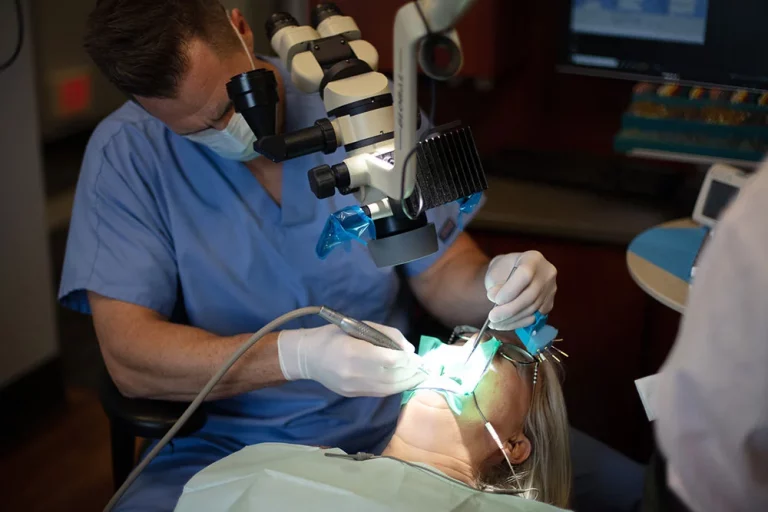
Apicectomy requires local anesthesia and consists of making a small incision in the gum to reach the root of the tooth. The damaged dental pulp is then removed and the root of the tooth is carefully cleaned to remove any infection or inflammation.
After cleaning, the root of the tooth is sealed to prevent the recurrence of bacteria or inflammation. Finally, the gum is sutured, and a dressing is placed on the tooth to facilitate its recovery.
Benefits of endodontic surgery
This surgery fosters the conditions for tissue regeneration and the formation of a new tooth support. Periapical or endodontic surgery allows:
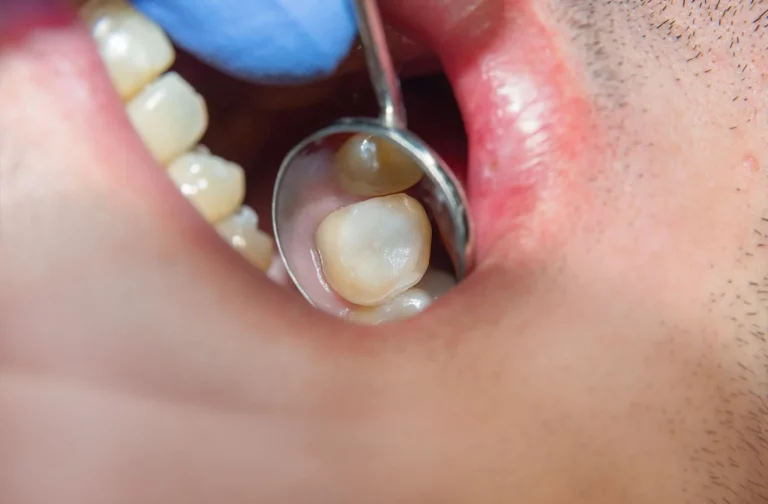
- Eliminate the infectious focus, the radicular cyst.
- Preserve the causative tooth through appropriate root canal treatment.
In addition, thanks to advances in technology and materials, the intervention is currently less invasive and faster.

19 Natural Antibiotics to Ward Off Any Dental Infection
Sign up to receive daily email dentist tips and challenges, as well as our comprehensive Better smile Guidebook.
When to consider endodontic surgery?
Some reasons why an apicectomy may be chosen to include:
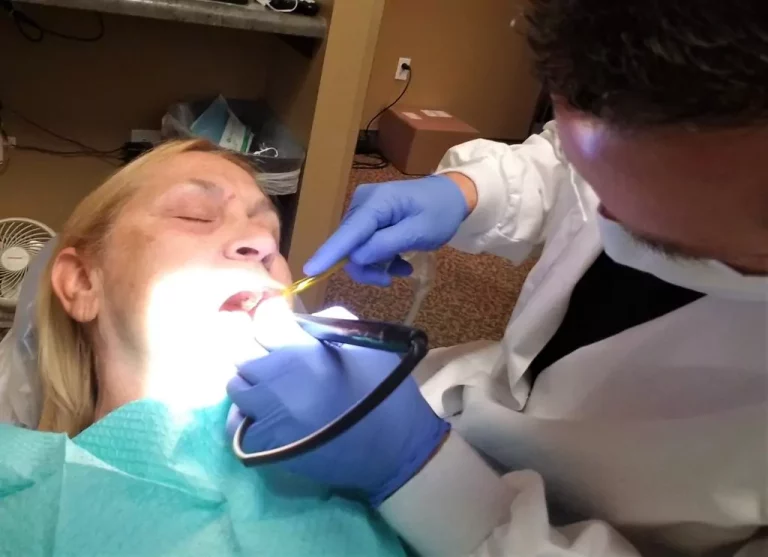
● Vertical root fracture: In some cases, the root of the tooth is affected and causes inflammation or infection of the dental pulp.
● Previous failed endodontic treatments: Sometimes conventional endodontic treatments are not effective and the infection or dental inflammation persists. In those cases, endodontic surgery may be necessary to fix the problem.
● Recurrent infections: In some cases, dental infections can be recurrent and not respond to conventional treatment. An apicectomy may be the best option to prevent future infections.
● Obstructed root canal: If the root canal is obstructed by the presence of calcifications or plugs of obturation material, endodontic surgery may be necessary to remove the obstacles and adequately clean the root of the tooth.
Care after endodontic surgery

After surgery, it is important to carefully follow the specialist’s instructions regarding dental care to ensure proper recovery and avoid future complications.
Indispensable, to maintain good dental hygiene to avoid future complications.
You may be advised to avoid certain foods and drinks for a certain amount of time, as well as use special mouthwashes to prevent infection.
It will be necessary not to consume tobacco in any of the possible alternatives.
Discomfort or pain may be perceived in the treated area. The dentist may recommend painkillers to alleviate discomfort.
Is endodontic surgery safe and effective?

Endodontic surgery is a safe and effective technique to treat specific dental problems that cannot be solved with conventional endodontics, but it does not guarantee long-term dental health.
Situations in which endodontic surgery is not viable
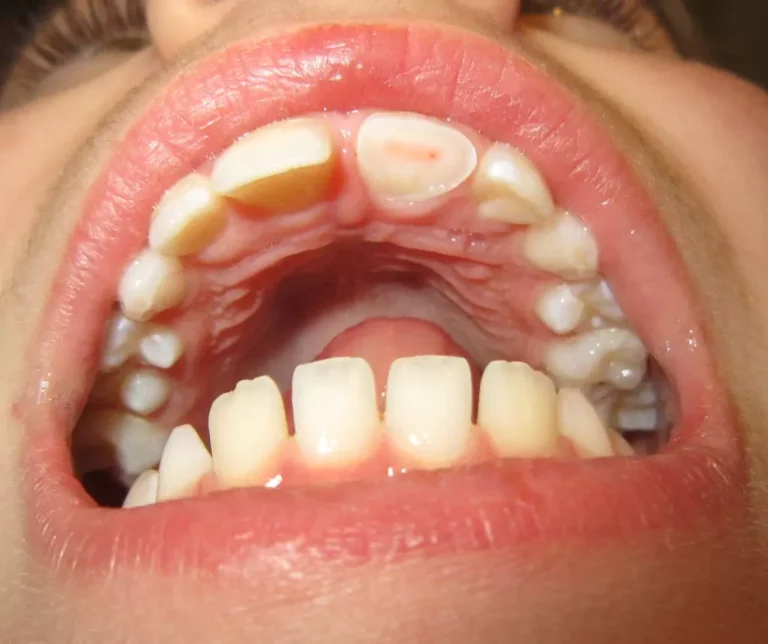
- A dental piece that already has false ducts or a fracture.
- Cases of acute infection with abundant bleeding.
- Supporting bone involvement
- Extensive tooth root damage
- If the infection has reached an area close to the maxillary sinus.
Conclusion
Find the right professional for surgery
Taking into account that this procedure has some level of complexity, it is important to consult and carry out the treatment with a qualified professional with experience in this type of intervention.
Our directory of dental professionals offers different alternatives for quality care in the field of endodontics. Consult the directory, contact the ideal professional to deal with the case, and discuss the situation that requires a solution.

19 Natural Antibiotics to Ward Off Any Dental Infection
Sign up to receive daily email dentist tips and challenges, as well as our comprehensive Better smile Guidebook.
Our Doctor
Meet Doctor
Dr. Andreas
Dental specialist

19 Natural Antibiotics to Ward Off Any Dental Infection
Sign up to receive daily email dentist tips and challenges, as well as our comprehensive Better smile Guidebook.



